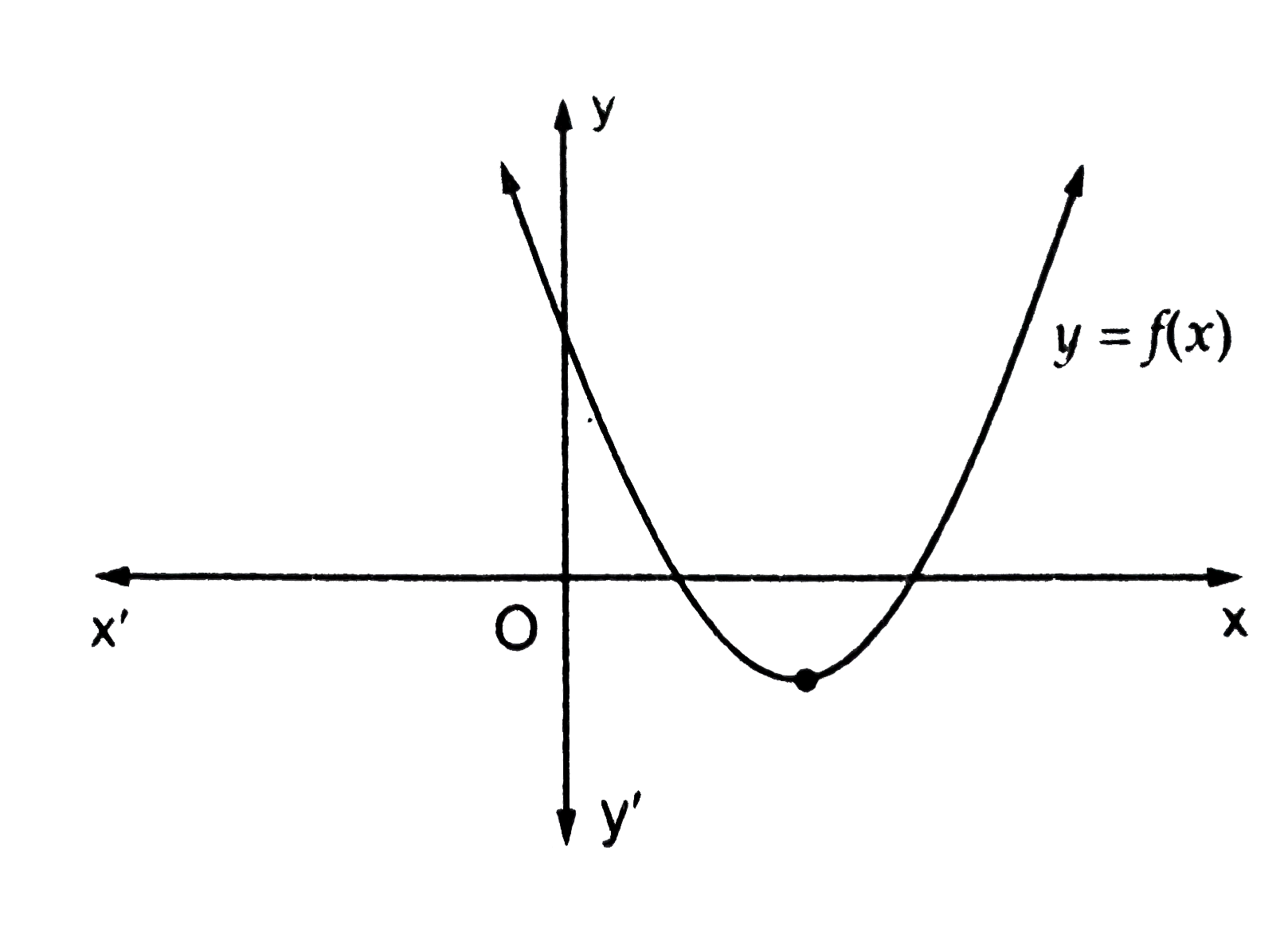We know that the average depth of the sea is about two and a half miles, but in a few places it is very deep indeed-over six miles. The air presses upon our bodies with a weight of about fifteen pounds to the square inch at 82 (a) sea-water/(b) sea-level/(c) sea-bed We are used to this air pressure and 83. (a) do/ (b) did /(c) does not notice it. In the sea this 84(a) weight/ (b) volume/ (c) pressure is doubled at a depth of thirty-five feet, ant it 85. (a) expand (b) decreases (c) increases at this rate for greater depths. In the great deeps 86. (a) off (b) of (c) on the Philippine Islands, a man would be squeezed and utterly crushed by a pressure of 87. (a) severe (b) several (c) sheer tons per square inch. The pressure near the ocean floor is 88. (a) such (b) not (c) so such great that if you were to weigh a piece of wood and 89. (a) measure (b) follow (c) lower it to a great depth and then pull it 90. (a) up again it would no longer float, 91. (a) but (b) for (c) when it would have become waterlogged. All the tiny wood cells and cavities 92. (a) should (b) could (c) would have burst and become filled with water. We 93. (a) know (b) have known (c) are knowing that live at a depth of three miles and more and we wonder 94. (a) why (b) how (c) what this can be. The bodies of animals down 95. (a) here (b) where (c) there are almost entirely filled with water, and 96. (a) this (b) these (c) thus saves them from being crushed. However, many of 97. (a) such (b) those (c ) there animals contain some gases as well, for 98. (a) then (b) since (c) when they are captured in nets and drawn 99. (a) on (b) to (c) from the surface these gases expand so much that the animal 100. (a) immediately (b) eventually (c) actually explodes. Its body is torn to shreds as it 101.(a) bursts. (b) jumps (c) lands.
choose the correct option as mentioned in 92.
Step by step video & image solution for We know that the average depth of the sea is about two and a half miles, but in a few places it is very deep indeed-over six miles. The air presses upon our bodies with a weight of about fifteen pounds to the square inch at 82 (a) sea-water/(b) sea-level/(c) sea-bed We are used to this air pressure and 83. (a) do/ (b) did /(c) does not notice it. In the sea this 84(a) weight/ (b) volume/ (c) pressure is doubled at a depth of thirty-five feet, ant it 85. (a) expand (b) decreases (c) increases at this rate for greater depths. In the great deeps 86. (a) off (b) of (c) on the Philippine Islands, a man would be squeezed and utterly crushed by a pressure of 87. (a) severe (b) several (c) sheer tons per square inch. The pressure near the ocean floor is 88. (a) such (b) not (c) so such great that if you were to weigh a piece of wood and 89. (a) measure (b) follow (c) lower it to a great depth and then pull it 90. (a) up again it would no longer float, 91. (a) but (b) for (c) when it would have become waterlogged. All the tiny wood cells and cavities 92. (a) should (b) could (c) would have burst and become filled with water. We 93. (a) know (b) have known (c) are knowing that live at a depth of three miles and more and we wonder 94. (a) why (b) how (c) what this can be. The bodies of animals down 95. (a) here (b) where (c) there are almost entirely filled with water, and 96. (a) this (b) these (c) thus saves them from being crushed. However, many of 97. (a) such (b) those (c ) there animals contain some gases as well, for 98. (a) then (b) since (c) when they are captured in nets and drawn 99. (a) on (b) to (c) from the surface these gases expand so much that the animal 100. (a) immediately (b) eventually (c) actually explodes. Its body is torn to shreds as it 101.(a) bursts. (b) jumps (c) lands. choose the correct option as mentioned in 92. by English experts to help you in doubts & scoring excellent marks in Class 14 exams.
Updated on:21/07/2023Similar Questions
तीन तत्व A, B और C एक घनीय ठोस जलक में क्रिस्टलीकृत होते हैं । परमाणु A कोनो पर परमाणु B घन के केंद्र पर तथा परमाणु C किनारो पर स्थित होते हैं । यौगिक का सूत्र होगा :
View Solutionएक यौगिक A तथा B तत्वों से मिलकर बना है । जब A परमाणु कोने पर तथा B परमाणु केंद्र पर हो, तो यह यौगिक घनाकार जालक में क्रिस्टल बनाता है । यौगिक का साधारण सूत्र होगा :
View Solutionनिम्नलिखित कथनों पर विचार करें :
कथन I : यदि A और B प्रतिदर्श समष्टि S के संगत दो घटनाएँ ऐसा है कि P(A)=0.2 और P((B)=0⋅8 तो A⋃B एक सुनिश्चित घटना है |
कथन I : यदि A और B परस्पर अपवर्ती हों तो P(A)+P(B)=1 इन कथनो में :
View Solutionयदि A तथा B दो स्वतंत्र घटनाएँ हों, तो सिद्ध करें कि P(A∪B)=1−P(A')P.(B')
View Solutionसाबित करें कि
sin(B−C)cosBcosC+sin(C−A)cosCcosA+sin(A−B)cosAcosB=0
View Solutionबहुपद f(x)=ax2+bx+c का आलेखः चित्र में दर्शाया गया है | 'a' तथा b2−4ac के चिन्ह लिखिए |

View Solutionयदि (secA+tanA)(secB+tanB)(secC+tanC)
=(secA−tanA)(secB−tanB)(secC−tanC) हो, तो सिद्ध करो की प्रत्येक पक्ष ±1के बराबर है।
View Solutionशुद्ध द्रव A का वाष्पदाब 0.8 वायुमण्डल है. जब इसमें कोई अवाष्पशील विलेय B मिलाया जाता है, तो प्राप्त विलयन का वाष्पदाब 0.6 वायुमण्डल हो जाता है. 'B ' का मोल प्रभाज ज्ञात करे.
View Solution
